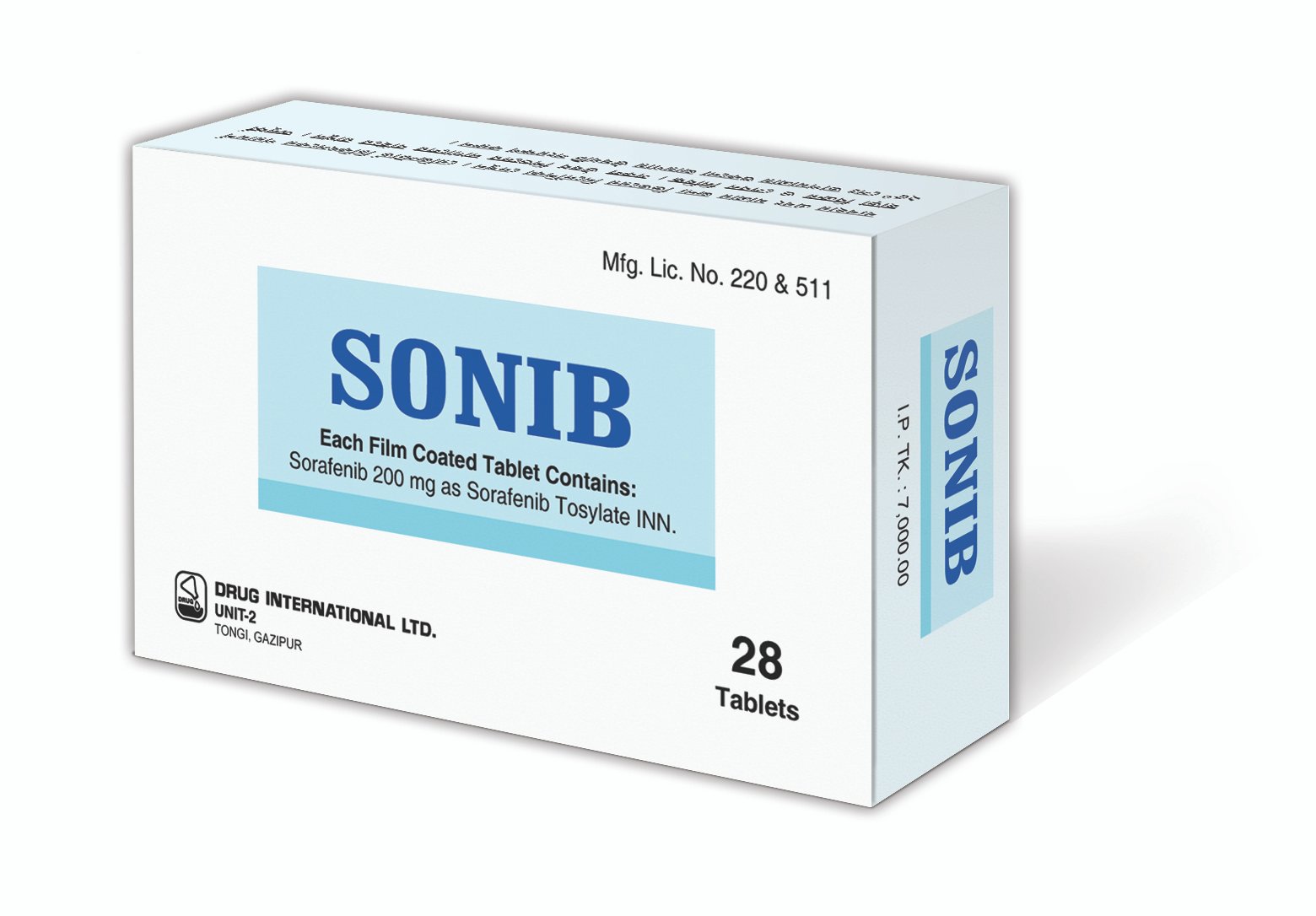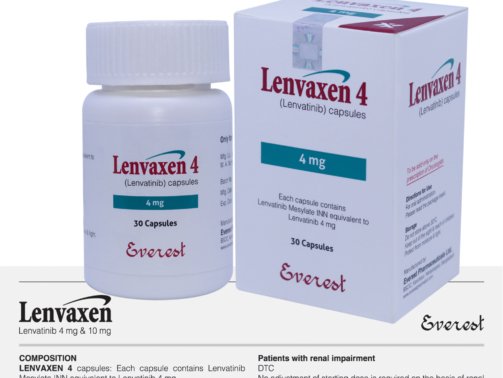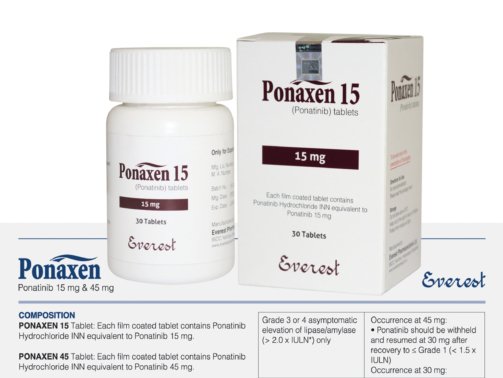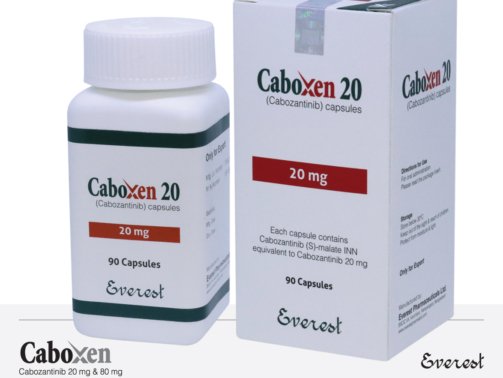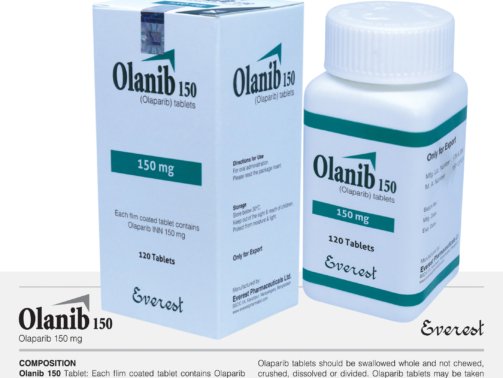Sorafenib 200 mg (Nexavar)
0.00$
SONIB (Sorafenib Tosylate INN) 200mg is a medication used in the treatment of various types of cancer. It belongs to the category of antineoplastic agents and specifically falls under the classification of tyrosine kinase inhibitors. These drugs work by interfering with specific proteins involved in cancer cell growth and proliferation, thereby slowing down tumor progression.
Sorafenib is an oral drug used to treat a variety of cancers. It is sold under the brand name Nexavar. Belonging to a class of drugs known as tyrosine kinase inhibitors (TKIs), Sorafenib works by blocking cancer cell growth and proliferation. It is most commonly prescribed for advanced renal cell carcinoma (kidney cancer), hepatocellular carcinoma (liver cancer), and differentiated thyroid carcinoma (DTC) that is resistant to radioactive iodine therapy.
Composition and Strength
The active ingredient in each Nexavar tablet is 200 mg of sorafenib tosylate. The tablet is usually administered orally and is a spherical, red pill with a film coating. Microcrystalline cellulose, magnesium stearate, hypromellose, and croscarmellose sodium are a few examples of inactive substances.
Mechanism of Action
Sorafenib targets multiple intracellular and cell surface kinases involved in tumor growth and angiogenesis (the development of blood vessels that supply tumors). Specifically, it inhibits:
Raf kinase (involved in the MAPK/ERK signaling pathway)
VEGFR-1, VEGFR-2, VEGFR-3 (vascular endothelial growth factor receptors)
PDGFR-β (platelet-derived growth factor receptor)
FLT-3 and RET kinases
By blocking these pathways, Sorafenib reduces tumor cell division, prevents new blood vessel formation, and promotes cancer cell death.
Indications and Usage
Nexavar, which contains 200 mg of sorafenib, is authorized to treat the following types of cancer:
Advanced renal cell carcinoma (RCC) is often used when the disease is incurable or has spread outside the kidney.
Patients whose liver cancer cannot be surgically removed are treated with unresectable hepatocellular carcinoma (HCC).
When the cancer no longer responds to treatment with radioactive iodine, it is known as differentiated thyroid cancer (DTC).
Dosage and Administration
Sorafenib 200 mg (Nexavar) tablets taken twice daily (for a total of four tablets per day) are the usual suggested dosage of 400 mg of sorafenib. It is best to take the tablets empty or at least an hour before or two hours after meals. However, depending on side effects and personal tolerance, the dosage may be changed. Patients should never self-adjust without first speaking with a healthcare professional and should always take their medications exactly as directed.
Side Effects
As with many cancer treatments, Sorafenib may have a range of adverse effects, some of which may be more severe than others. Typical adverse effects consist of:
Weakness and exhaustion
Having diarrhea
Vomiting and feeling queasy
Skin reactions, particularly palmar-plantar erythrodysesthesia, also known as hand-foot skin reaction
Hair loss or thinning
Elevated blood pressure, or hypertension
appetite loss and weight reduction
Although they are less frequent, serious adverse effects could include:
Heart problems include QT prolongation or heart attacks
Complications from bleeding
malfunction of the liver
severe burning or rash on the skin
Digestive perforation
Patients should get medical help right away if they are having severe symptoms or indications of an allergic response, such as redness, swelling, or trouble breathing.
Precautions and Warnings
Before starting Sorafenib, patients should inform their doctor about any existing health conditions, including:
Liver or kidney disease
Heart problems or history of heart attacks
Bleeding disorders
Pregnancy or breastfeeding status
Pregnancy and Breastfeeding:
Because there is positive evidence of human fetal danger, sorafenib is categorized as Category D during pregnancy. Unless absolutely necessary, it should not be used during pregnancy. Effective contraception should be used by women of reproductive age both during and for at least six months following the final dose. While using this medication and for at least two weeks following the final dose, breastfeeding is not advised.
Interactions with Drugs
Other medications may interact with sorafenib, changing how it functions or raising the possibility of negative effects. Crucial exchanges consist of:
CYP3A4 inducers and inhibitors, such as ketoconazole and rifampin
Among various blood thinners, warfarin
Medication for antihypertension
The Wort of St. John
To prevent any interactions, always provide your doctor your complete prescription list.
Storage Instructions
Keep 200 mg tablets of sorafenib at room temperature (20–25°C or 68–77°F), away from heat sources and moisture. Keep the medication out of children’s and pets’ reach and in its original container.
Conclusion
A powerful targeted medicine called sorafenib 200 mg (Nexavar) is used to treat some malignancies for which traditional therapies are ineffective. Although it gives hope for treating difficult illnesses such advanced thyroid, kidney, and liver malignancies, its possible interactions and side effects necessitate careful treatment. The best results from Sorafenib therapy require open contact with healthcare practitioners, following to dosage instructions, and routine follow-up.
Order Now At Mdx Pharma bd….
To order from MDX Pharma BD, visit their website at https://mdxpharmabd.com, where you can browse products and place orders online. For inquiries or orders via email, contact emedicarepharma@gmail.com. Alternatively, call (+88) 01929123476. Their address is 29, Abdullahpur, Uttara, Dhaka-1230, Bangladesh.
1. What is the purpose of sorafenib (Nexavar)?
A targeted drug called sorafenib is primarily used to treat:
Hepatocellular carcinoma advanced (liver cancer)
Kidney cancer, or renal cell carcinoma
Thyroid cancer that has differentiated and is no longer responsive to therapy with radioactive iodine.
2. How is sorafenib administered?
The tyrosine kinase inhibitor (TKI) sorafenib slows or stops the growth of cancer cells by blocking the enzymes that cause angiogenesis, or the production of blood vessels that supply tumors, and cancer cell growth.
3. How is Sorafenib taken?
On an empty stomach (at least one hour before or two hours after eating), sorafenib is typically taken orally twice daily (every 12 hours). 400 mg daily is the usual dosage (2 200 mg pills).
4. Is it safe to take sorafenib while pregnant?
An unborn child may be harmed by sorafenib. Women of reproductive age should take effective contraception during therapy and for some time after the last dosage.
5. What is the best way to store sorafenib?
Keep it out of the heat and moisture and at room temperature (20–25°C or 68–77°F). Keep the medication in its original container and out of children’s reach.
| Generic Name | Sorafenib Tosylate INN |
|---|---|
| Product Name | Oral tablet |
| Available Pack Size | 28's |
| Available Strength | 200mg |

 Cart is empty
Cart is empty 